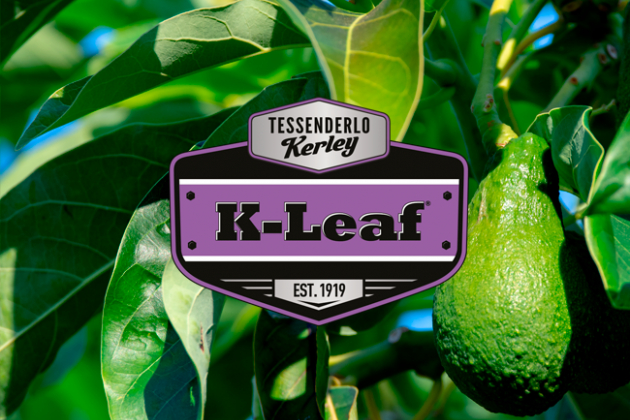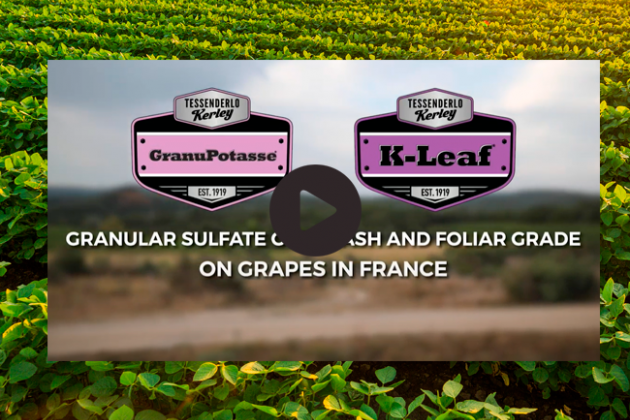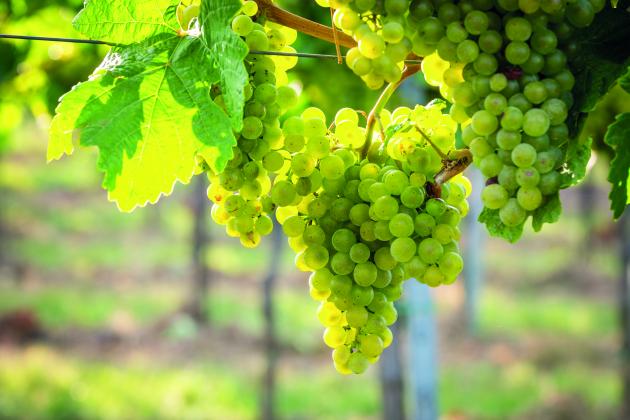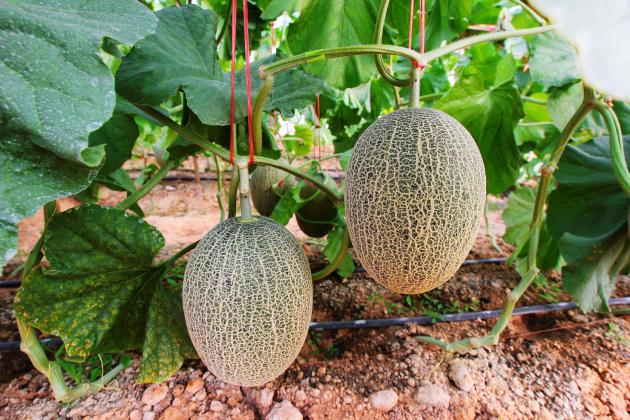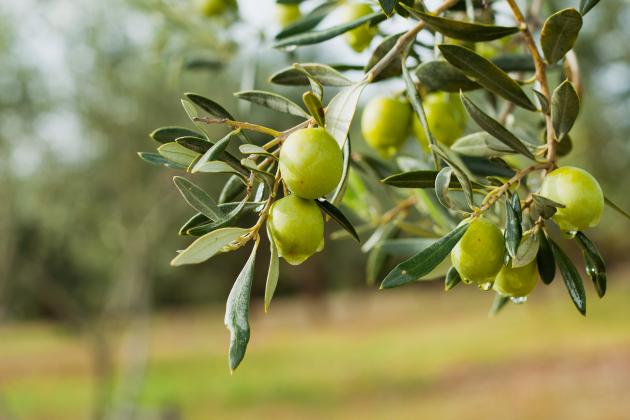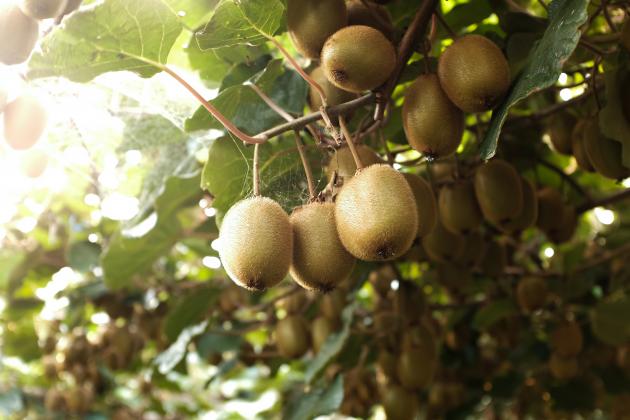
K-Leaf®
K-Leaf® is a concentrated potassium booster for foliar application offering a number of important benefits for broad-acre crops, as well as for fruit and vegetables. It contains 52% potash (K2O w/w) and 18.8% sulfur (S w/w) and can be be applied at higher doses than certain other foliar potassium fertilizers.
Benefits
- Dissolves much more rapidly than other potassium-based fertilizers, leaving no residue
- Lower pH solution reduces the risk of clogging the spray nozzles
- Virtually no chloride and free of nitrates
- Helps rapidly treat cases of potassium deficiency
- Helps boost the crop’s resistance to stress
- Improves crop yield and quality
- Increases crops’ resistance to damage during transport and storage
- Compatible with a wide range of fertilizers and crop protection products for foliar application except that containing calcium
K-Leaf® is the cost-effective potash booster for complimentary foliar sprays during periods of crop growth when potassium demand is at its highest. K-Leaf has been specifically developed for foliar application and helps growers produce high quality crops with maximum export value, whilst protecting the environment.
Get the answers you need to product information, field trial results, blend testing, application tips and more. Find and contact your local expert in your region.
Contact us